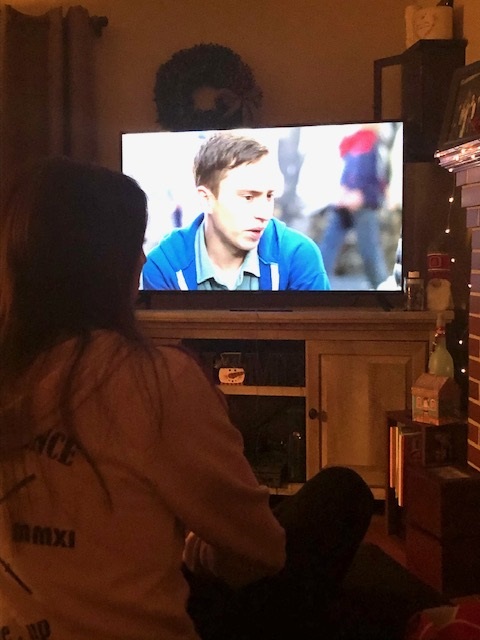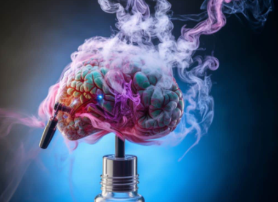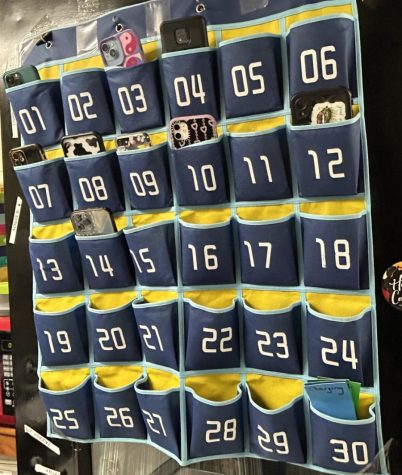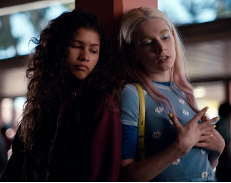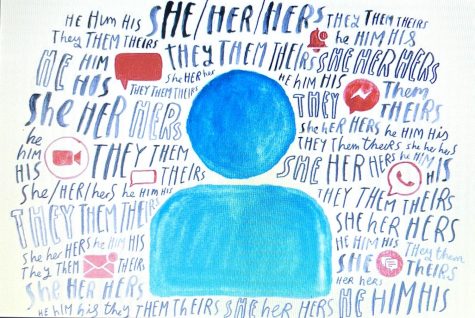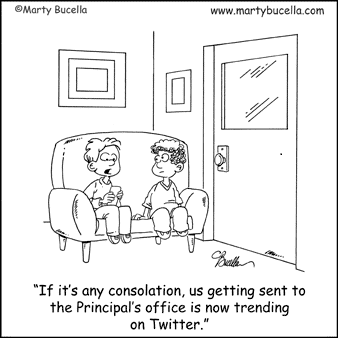Positive Representation vs. Negative Generalization
Neurodivergent characters in media: Are they beneficial or detrimental?
May 18, 2023
TV shows and movies have begun to include more neurodivergent characters. Sheldon Cooper from The Big Band Theory and Abed Nadir from Community are just two characters that represent people diagnosed with neurodivergent conditions such as Autism Spectrum Disorder (ASD), Attention-Deficit Hyperactivity Disorder(ADHD), and Obsessive Compulsive Disorder (OCD). But how accurately do these characters depict real people with these conditions?
Greta is the mother of an LHS student who is autistic. Due to the sensitive nature of this topic and to protect their privacy, Greta and her son wished to stay anonymous, so we will call her son “John.” Greta weighed in on the way TV portrays neurodiverse people.
“It’s great for them to start being represented in mainstream media,” she said. “As long as it’s done in a way that doesn’t promote negative stereotypes or mockery.”
LHS junior Nakia Parker, who has been diagnosed with ADHD, also expressed her opinion about the increase in media that feature neurodivergent characters.
“It’s good because it shows people what those who are neurodivergent go through,” she said.
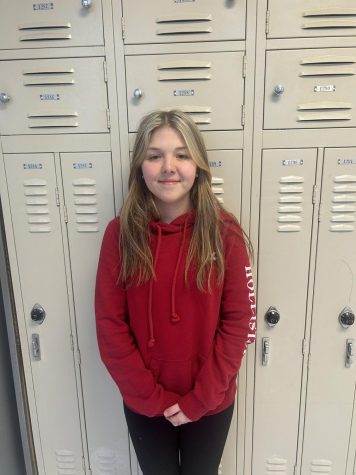
One character that seems to represent neurodivergent people well is Abed Nadir from the sitcom Community. Although it is never stated, Abed displays various behaviors that lead viewers to wonder if he is autistic. However, some of his behaviors and dialogue seem to align with some general characteristics of the disorder. According to the article “Famous People with Asperger’s,” published by the On The Spectrum Foundation, the creator of Community, Dan Harman, is reportedly neurodivergent.
Parker said she thinks characters like Abed represent non-neurotypical people accurately and those who cast these characters should cast neurodiverse actors.
“Characters like this help show people that we can be really intelligent,” Parker said.
“I feel that they should have people who are neurodivergent play these parts. They know how it feels and they can relate to the character they’re playing,” she said.
However, there are also characters that neurodivergent people feel to be a detrimental depiction of their conditions. Take Sheldon Cooper from The Big Bang Theory, who is believed to have neurodiverse conditions.
According to a dissertation published by the University of Wisconsin Milwaukee, “Sheldon’s socially awkward nature and obsessive tendencies, such as knocking on doors three times while shouting the person’s name each time, are often used for the audience to laugh at Sheldon. His behavioral traits are set up to be humorous in an almost mocking way” (Wolff).
Another example of inaccurate portrayals of neurodiversity is found in the movie Music, produced by Sia. The Guardian reported that the film’s trailer received outrage from the neurodivergent community which said that “Sia’s controversial film about autism lacks coherence and authenticity” (Morton).
“The character always had a weird, creepy expression, and wore headphones 24 hours a day,” said John about Sia’s film Music.
John’s mother, Greta, said another show that gets it wrong is The Good Doctor.
“I think The Good Doctor’s autistic character acts and talks literally like a robot, which I find to be an exaggeration,” she said.
In all, it is up to the neurodivergent population to determine whether the media portrays a beneficial or detrimental view of their subgroup. Greta said that it’s important for viewers to remember that when the media portrays a specific group of people that, individually, are different.
“The media can never possibly represent everyone’s unique experiences and personalities. It’s always just a glimpse into one example,” she said.


